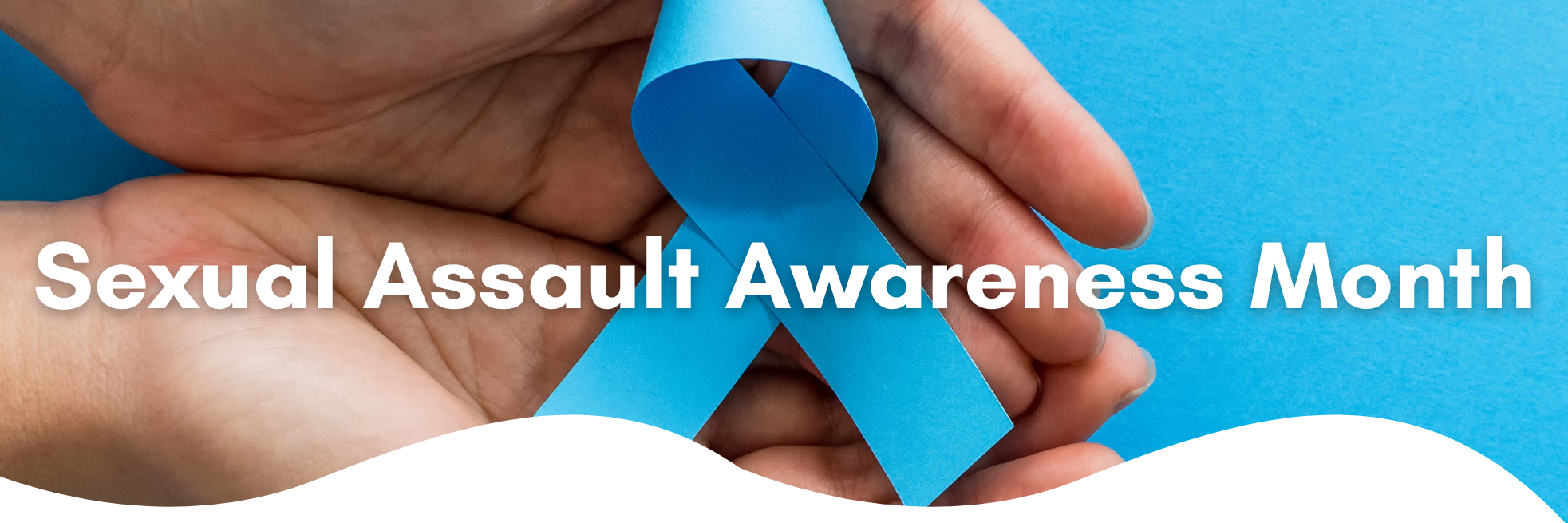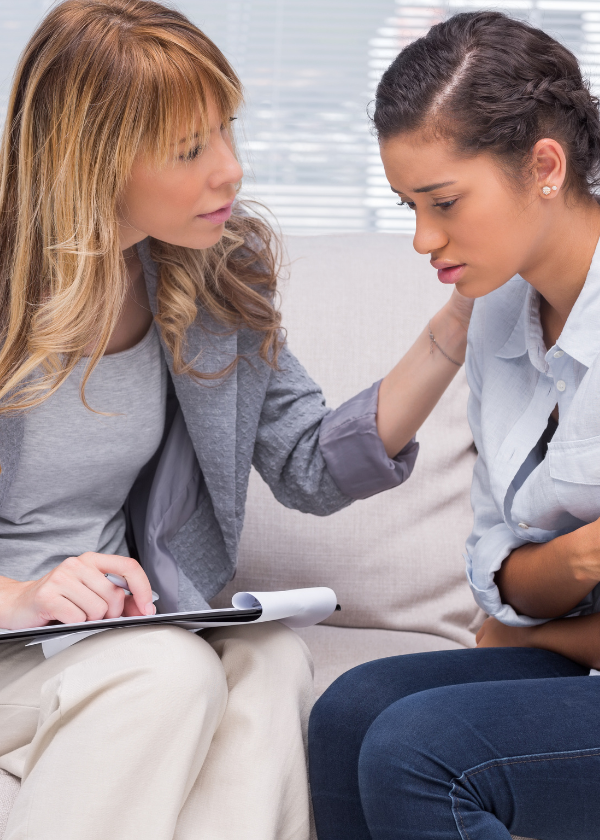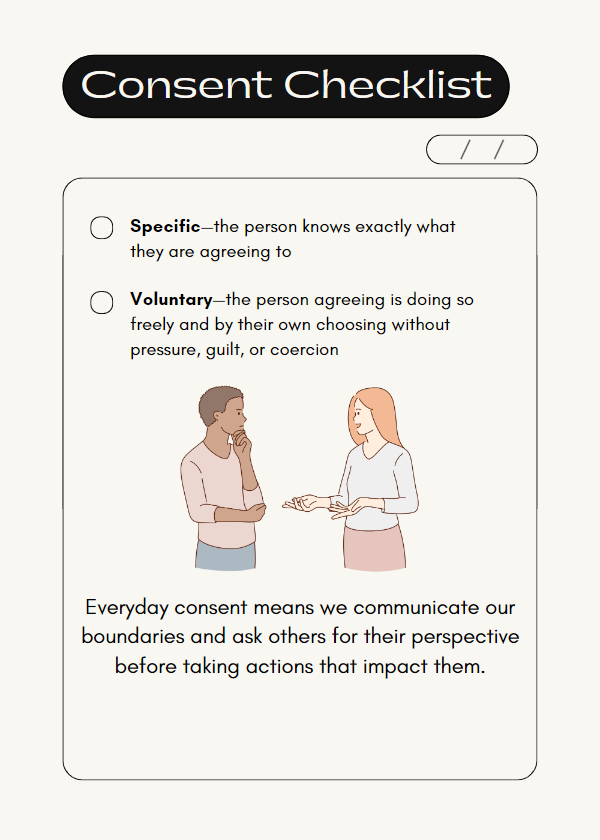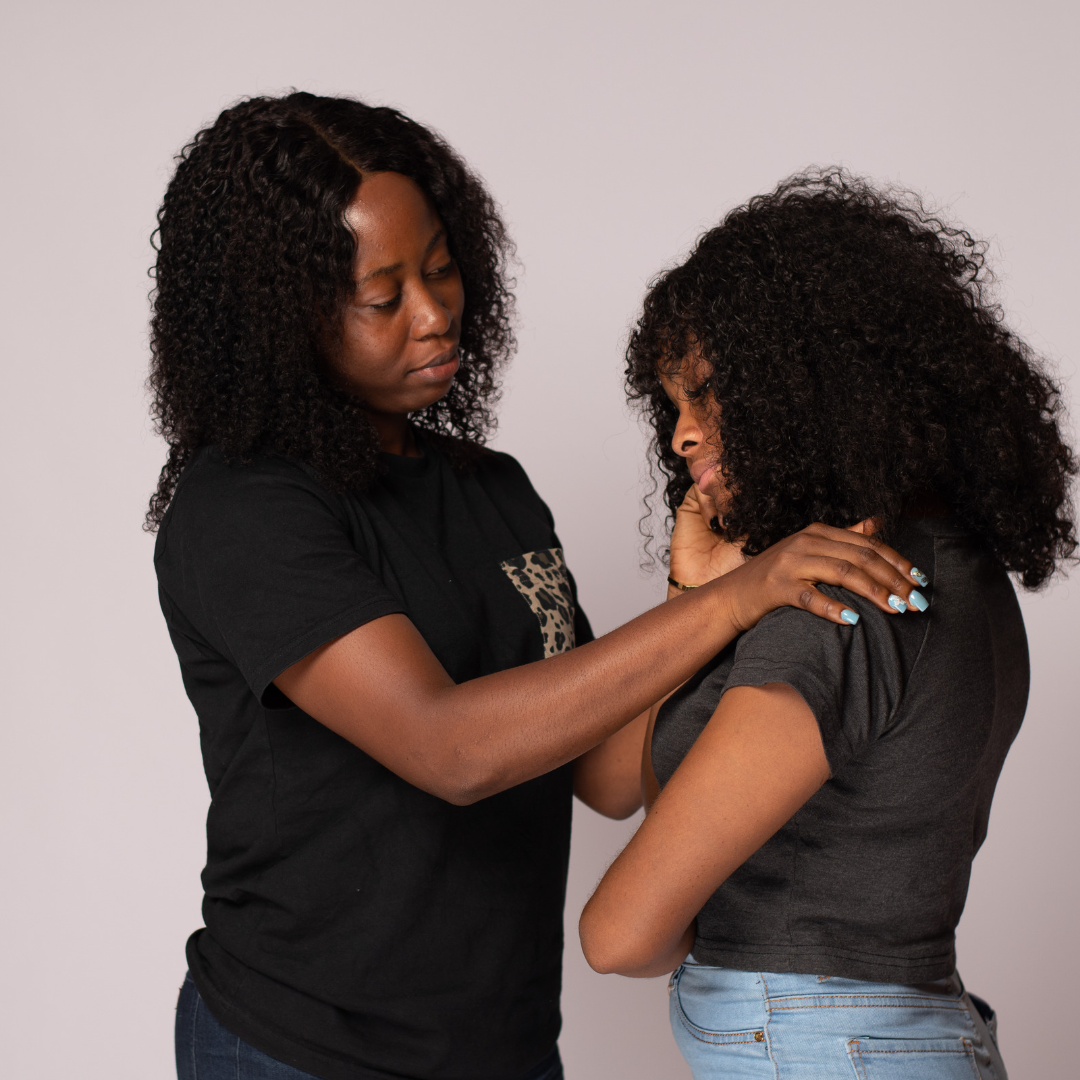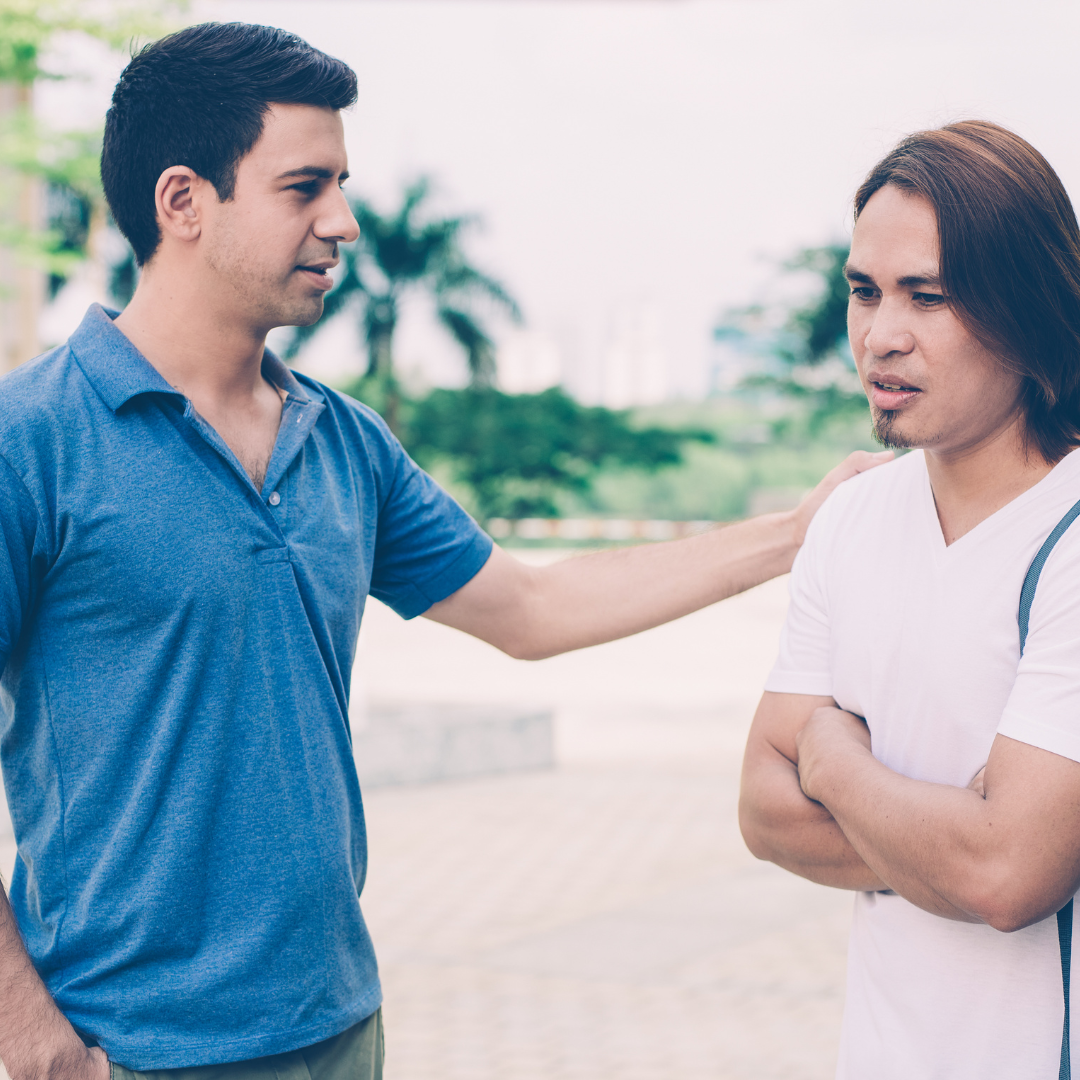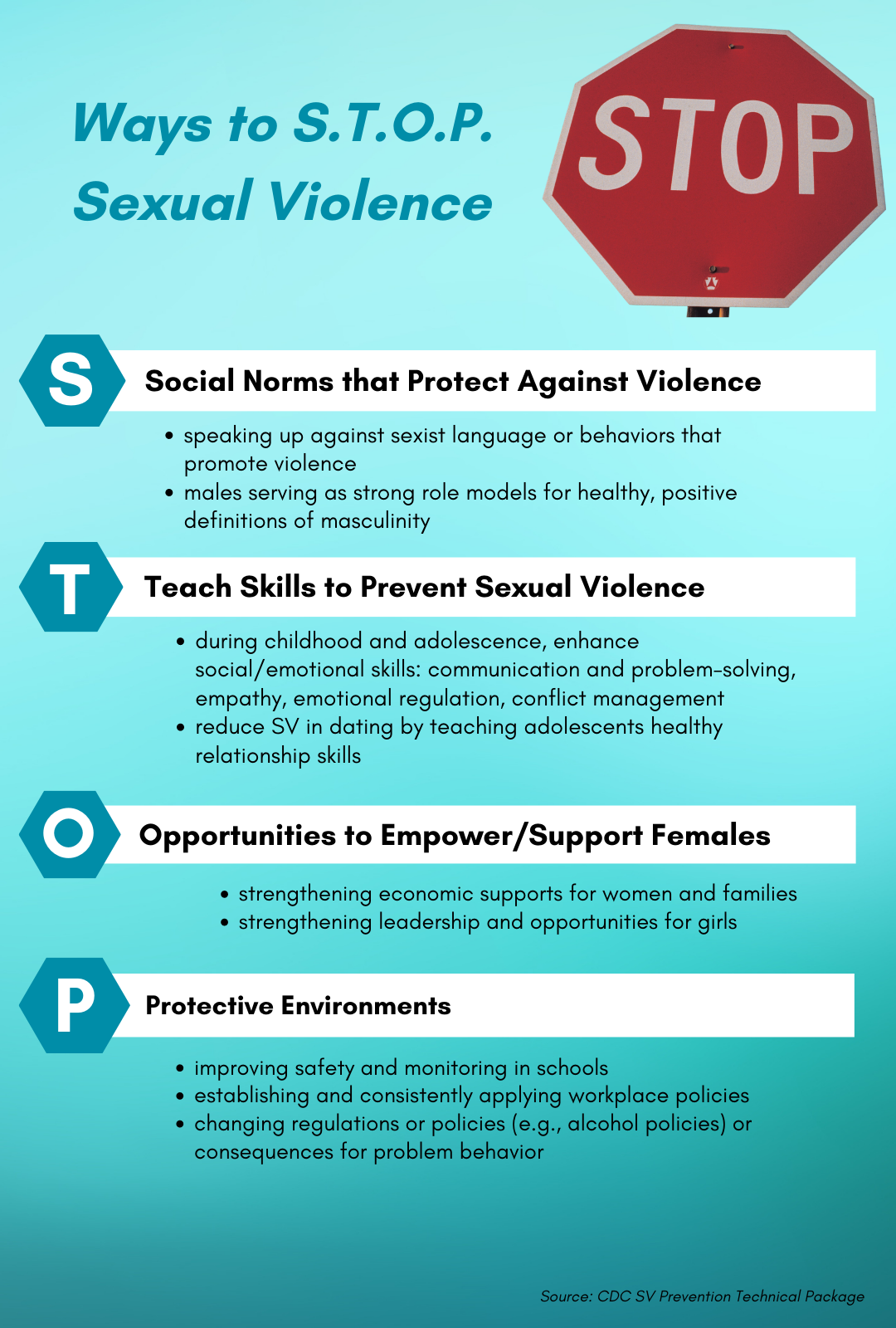Sexual Assault Awareness Month
Chances are you know a sexual assault survivor. Sexual violence affects millions of people every year. Yes, even right here in our community. During Sexual Assault Awareness Month, we intentionally focus on increasing knowledge and sharing local resources, like our 24-hour Sexual Assault Helpline: 863.413.2707. Will you help spread the word throughout April?

About Sexual Assault
According to the CDC, sexual violence is sexual activity when consent is not obtained or freely given. It is a serious public health problem in the United States that profoundly impacts lifelong health, opportunity, and well-being.
This year during Sexual Assault Awareness Month (SAAM) we are focusing on prevention. Help our Rape Recovery Program increase awareness during SAAM:
- Follow and share posts from the Victim Services Facebook page and Instagram account
- Start meaningful discussions with friends and family.
- Participate in Wear Teal Day, Denim Day , find painted rocks, walk with Senator Lauren Book, Lauren’s Kids and our Victim Services team at the Walk in My Shoes event on April 15, and join us for the Standing United for Survivors of Sexual Violence!

